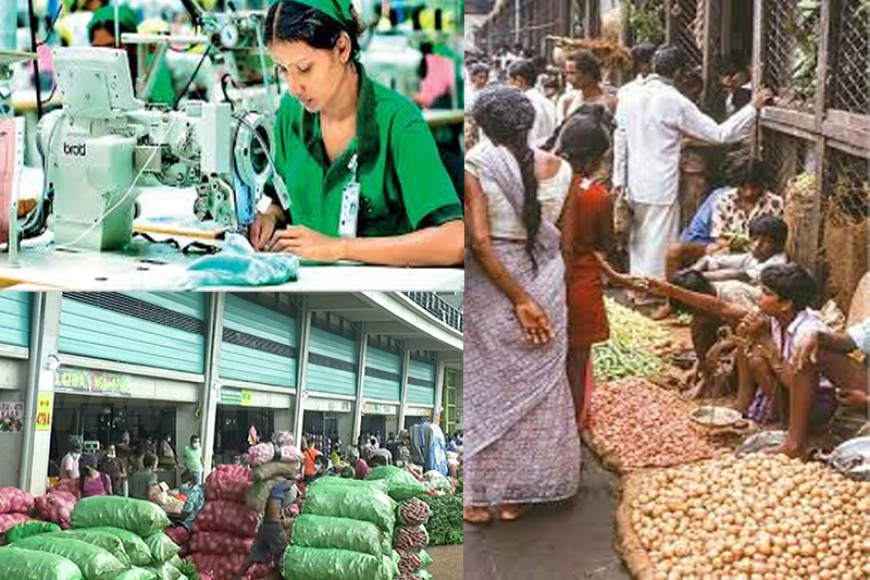As Sri Lanka approaches its next elections, it faces a critical moment where rash economic promises and impulsive policy reversals could trigger a decade of stagnation and decline.
Unfortunately, it seems like the country is once again falling into the trap of "competitive populism," where political parties make extravagant pledges in a bid to win votes, despite their long-term impact on the economy.
From wage increases to debt write-offs and welfare giveaways, the cost of these promises could be disastrous for a nation still struggling to stabilize its economy.
The situation is clear: Sri Lanka must choose among three stark economic paths. It can continue with the IMF’s Extended Fund Facility (IMF-EFF) program as planned, make minor adjustments without major deviations from the program's goals, or abandon the IMF program altogether and renegotiate from scratch.
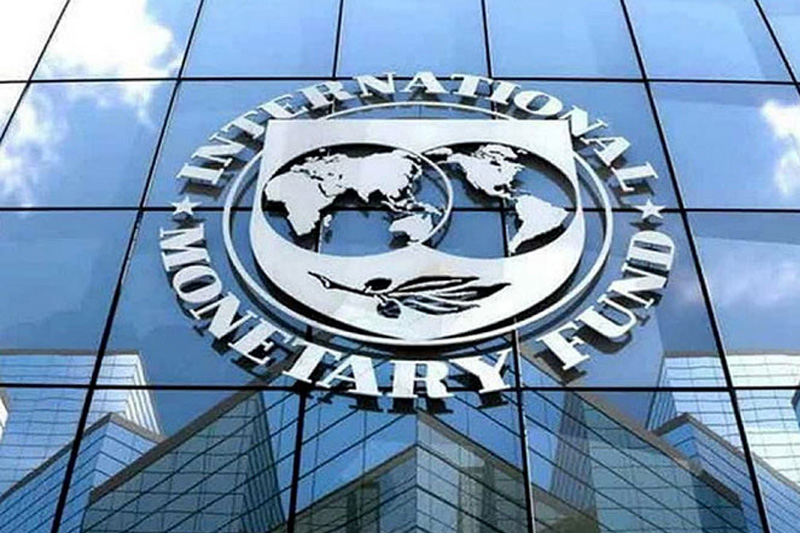
The very fact that these options are being debated highlights a harsh reality—implementing austerity measures during an economic crisis is painful, especially for those most vulnerable.
The austerity measures already in place—like tax hikes, wage freezes, and subsidy cuts—have helped stabilize the economy to some extent.
Yet, the sacrifices made by the public, who have endured falling incomes and living standards, cannot be overlooked.
While some improvements have been noted, they are slow to materialize. Although welfare support has been extended to those in poverty, the middle class continues to struggle under the burden of a cost-of-living crisis.
President Anura Kumara Dissanayake's newly appointed administration is under scrutiny for its handling of these challenges.
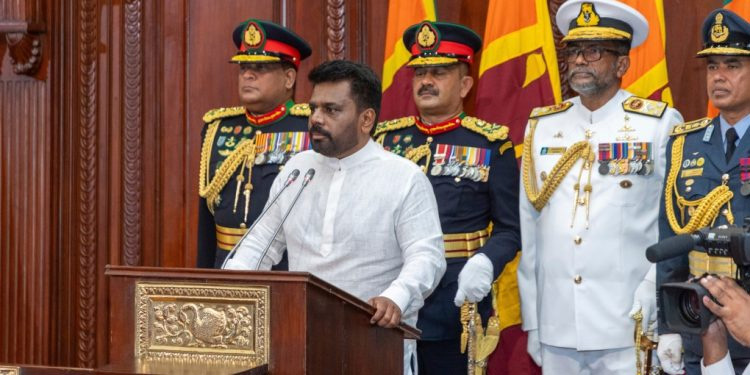
The decision to operate with a small cabinet and the lack of a functioning parliament during the interim period has raised concerns among state officials and bureaucrats.
Their worries center on the government's failure to tackle the rising cost of living and appoint experienced individuals to key positions, potentially leading to another economic crisis.
Criticism has also arisen over the suspension of SriLankan Airlines’ divestiture and the attempt to appoint a new CEO.
Economists and the public alike are questioning the halting of public sector salary increases until a review of state finances is complete.
Furthermore, there is anxiety about the government's ability to secure the next tranche of IMF funding, given the lack of experience among its new negotiating team except the Central Bnak Governor and Treasury Secretary.
The decision to shift the management of SriLankan Airlines back to full government control, thus assuming over a billion dollars in debt, is a worrying development.
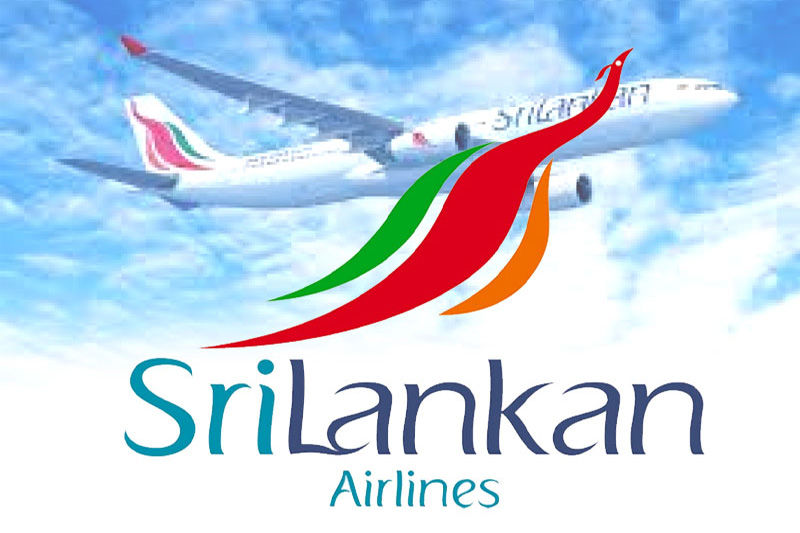
This move contradicts the aim of reducing state expenses and instead places an additional burden on the government's finances.
Trade unions have protested the attempt to reinstate a former CEO linked to the airline's financial woes, warning of industrial action if this official returns to his position.
Officials and trade unions have expressed their opposition regarding the calling of a meeting of the new board of directors of SriLankan Airlines on the 15th of this month, with the aim of reinstating a former Chief Executive Officer (CEO) accused of being responsible for the company's losses.
The first meeting of the new board of directors was held on the 15th of this month from 4:00 PM to 8:00 PM at the SriLankan Airlines office located on Baron Jayathilaka Mawatha, Colombo.
Officials and trade unions strongly objected to the invitation of a former CEO while the current CEO was still in office.
A heated discussion arose regarding the participation of a person who is not a member of the board in the meeting. Internal sources later indicated that the invitation was made with the intention of reinstating the former official to his previous position.
However, trade unions have warned that they will take action to protest if this official is reappointed in the future.
Navigating Sri Lanka's debt restructuring and collaborating with the IMF remains a daunting task.
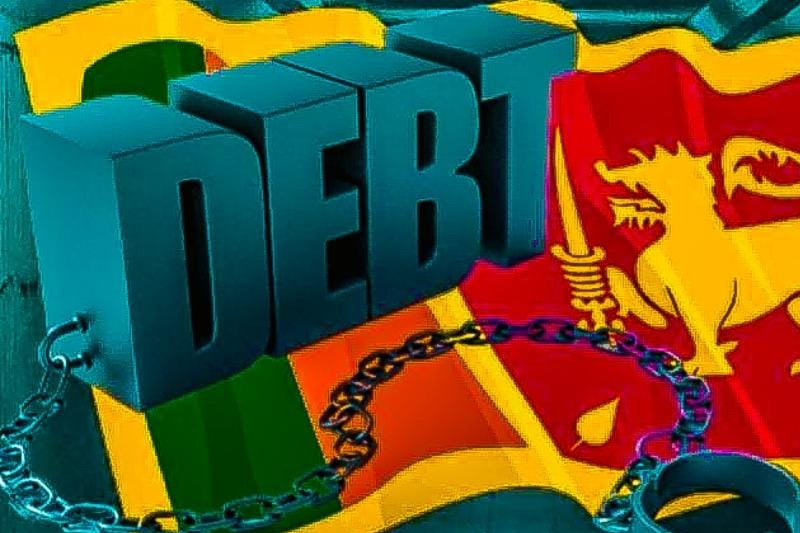
The nation’s future hinges on its ability to stay committed to fiscal responsibility while fostering economic growth.
If successful, this approach could eventually lead to a more stable and inclusive economy. The hope is that these efforts will pave the way for a recovery, enabling the country to shed its restricted default status and normalize relations with private creditors.
Contradictions within the government are also emerging over financial management policies. A top economist recently clarified that the Central Bank's issuance of Rs. 465.1 billion in treasury bills was not a new loan but part of standard debt servicing procedures. This statement counters claims that the new administration is irresponsibly increasing debt.
The debate over public sector salary increases adds another layer of complexity. Udaya R. Seneviratne, f head of the Expert Committee on Public Service Salary Disparities, disputed claims that the significant pay raises promised before the recent election lacked proper approval.
He stressed that these proposals were linked to the IMF-led program’s fiscal targets and argued that any adjustments depend on the government's ability to meet these targets.
Meanwhile, Sri Lanka's state-run electricity board, CEB, has come under fire for potentially bypassing competitive bidding in its fuel procurement processes, opting instead to deal directly with the state-owned Ceylon Petroleum Corporation (CPC).
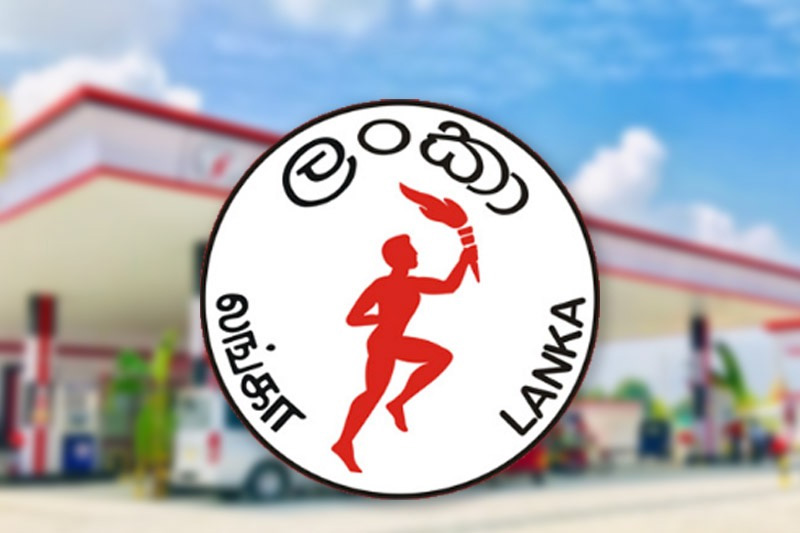
This decision could undermine transparency and cost-efficiency, raising further doubts about the government's approach to managing public resources.
On the revenue front, the current administration seems to be borrowing more frequently to cover its financial obligations.
This increased reliance on borrowing points to a failure to strengthen the primary surplus in the state account, a critical measure of fiscal health. Raising taxes or finding alternative revenue sources is essential if the government wishes to avoid a deeper financial crisis.
Despite its promises, the government has yet to implement effective tax cuts or raise the income tax threshold, which would provide some relief to the struggling population.
Furthermore, the ongoing shortage of essential commodities like rice continues to strain household budgets. The lack of a clear strategy to release stored paddy into the market or control prices only exacerbates the situation.
Managing an economy as complex as Sri Lanka's requires experienced and skilled leadership, something the current government seems to be lacking.
Economic decisions cannot be left to inexperienced individuals or made outside parliamentary oversight. For Sri Lanka to avoid another economic disaster, it needs knowledgeable, pragmatic leaders who understand the stakes and are committed to making difficult but necessary decisions for the country's long-term welfare.
At this critical juncture, Sri Lanka stands at a crossroads. The choices made now will determine whether the nation sinks further into economic turmoil or emerges stronger and more resilient.
With the right policies, backed by international support and a focus on sustainable growth, Sri Lanka has a chance to rebuild its economy and uplift the lives of its citizens.
However, without a disciplined approach and a break from short-term populism, the country risks falling into a cycle of debt and decline that could last for years to come.


